
US President Donald Trump on Wednesday announced his sweeping “Liberation Day” reciprocal tariffs on Wednesday, April 2, with a focus on imposing retaliatory levies on countries that “looted” and “raped” America for decades by putting tax on American goods.
The White House said in a Fact Sheet that India imposes its “own uniquely burdensome” testing and certification requirements in sectors like chemicals, telecom products, and medical devices, making it “difficult or costly” for American companies to sell their products in India. Follow Trump tariff news LIVE updates
In the Fact Sheet issued after Donald Trump’s announcement, the White House stated that if these barriers were removed, US exports to India could increase by at least $5.3 billion annually.
Donald Trump’s tariff on India
Trump introduced a 26 per cent “discounted reciprocal tariff” on India, calling the country “very, very tough.” This tariff is half of the 52 per cent levy India imposes on American goods, he said.
“India, very, very tough. Very, very tough. The Prime Minister just left. He’s a great friend of mine, but I said, ‘You’re a friend of mine, but you’re not treating us right,’” Donald Trump said during his address.
The White House fact sheet, titled ‘President Donald J Trump Declares National Emergency to Increase our Competitive Edge, Protect our Sovereignty, and Strengthen our National and Economic Security,’ also highlighted how the US is confronting unfair trade practices from other countries.
It said that trade imbalances and disparities in tariff rates, citing that the US imposes a 2.5 per cent tariff on passenger vehicle imports, while countries like the European Union (10 per cent) and India (70 per cent) impose significantly higher duties on the same product.
Trump’s tariffs extend beyond India, targeting countries like China, the European Union, Japan, South Korea, and Taiwan. He also mentioned how non-market policies from China have led to a loss of 3.7 million US jobs between 2001 and 2018, contributing to a growing trade deficit.
At White House’s Rose Garden on Wednesday, Trump held up a chart showing the tariffs imposed by various nations, including India’s 52 per cent tariff on US goods, which will now be met with America’s 26 per cent reciprocal tariffs.
He referred to April 2, 2025, as “Liberation Day,” marking it as a historic moment when American industry would be reborn, and America’s economic power would be reclaimed.
“This is Liberation Day, waiting for a long time,” Trump said, “April 2, 2025, will forever be remembered as the day American industry was reborn, the day America’s destiny was reclaimed, and the day that we began to make America wealthy again.”

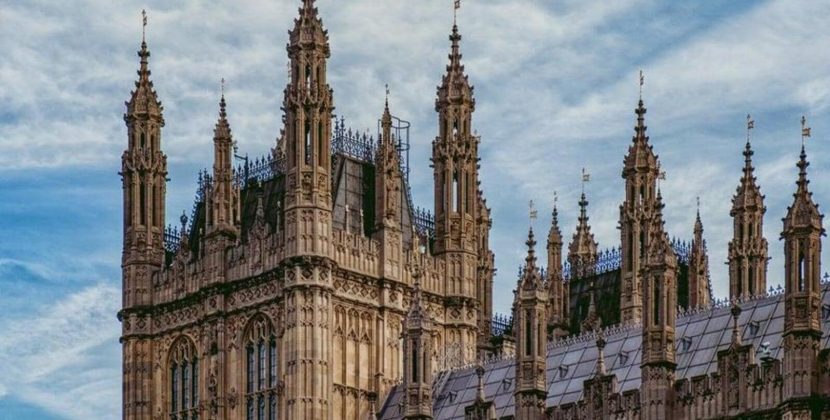
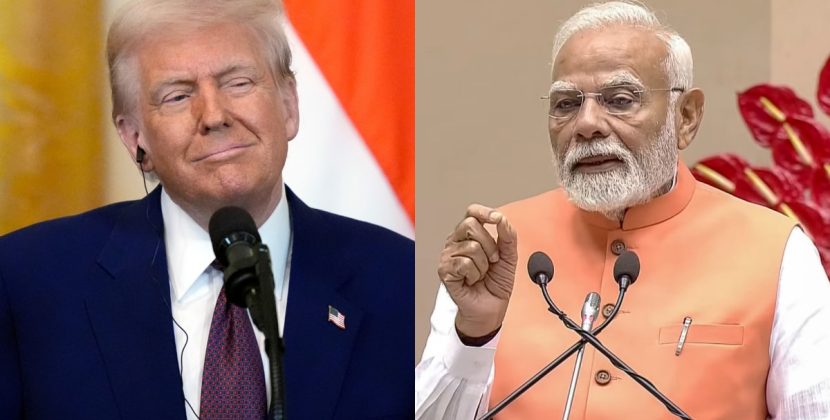





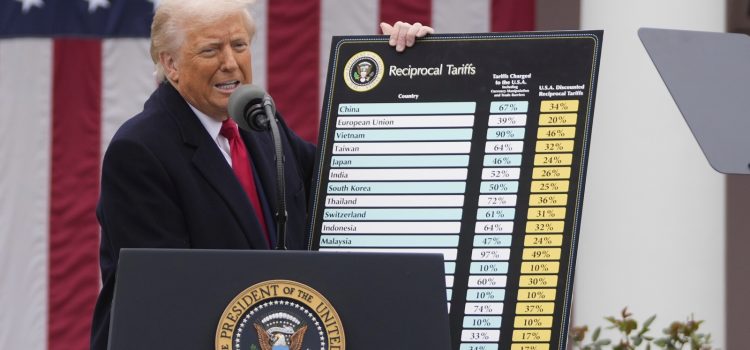
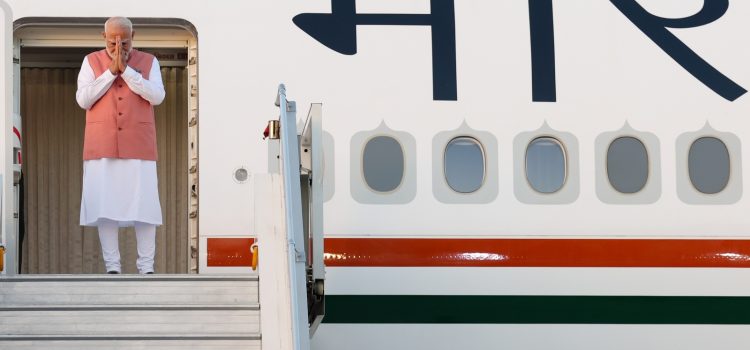

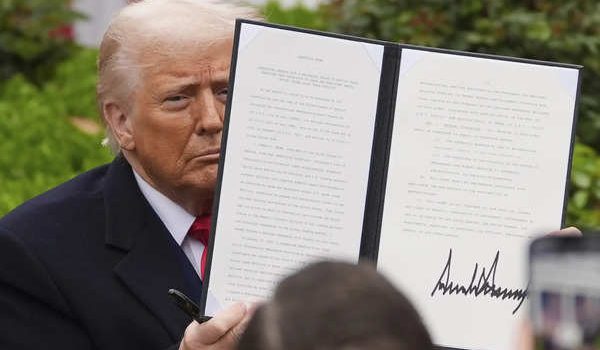
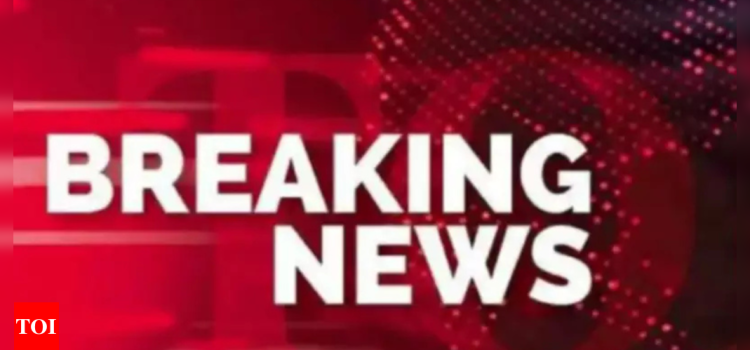
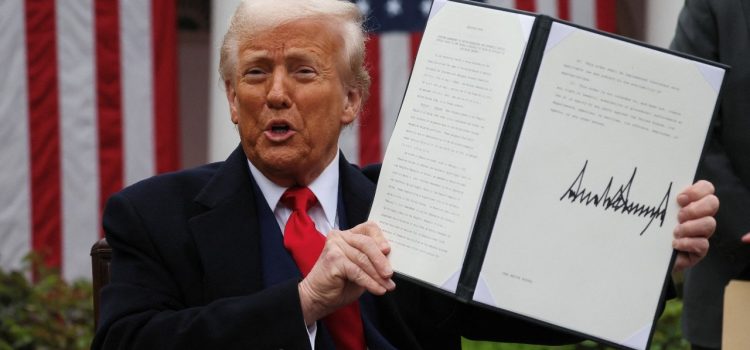
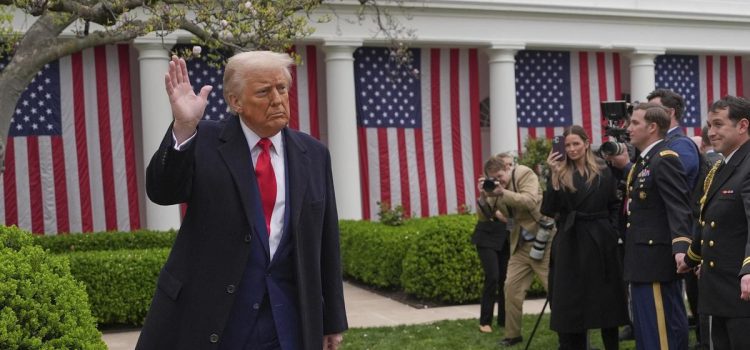
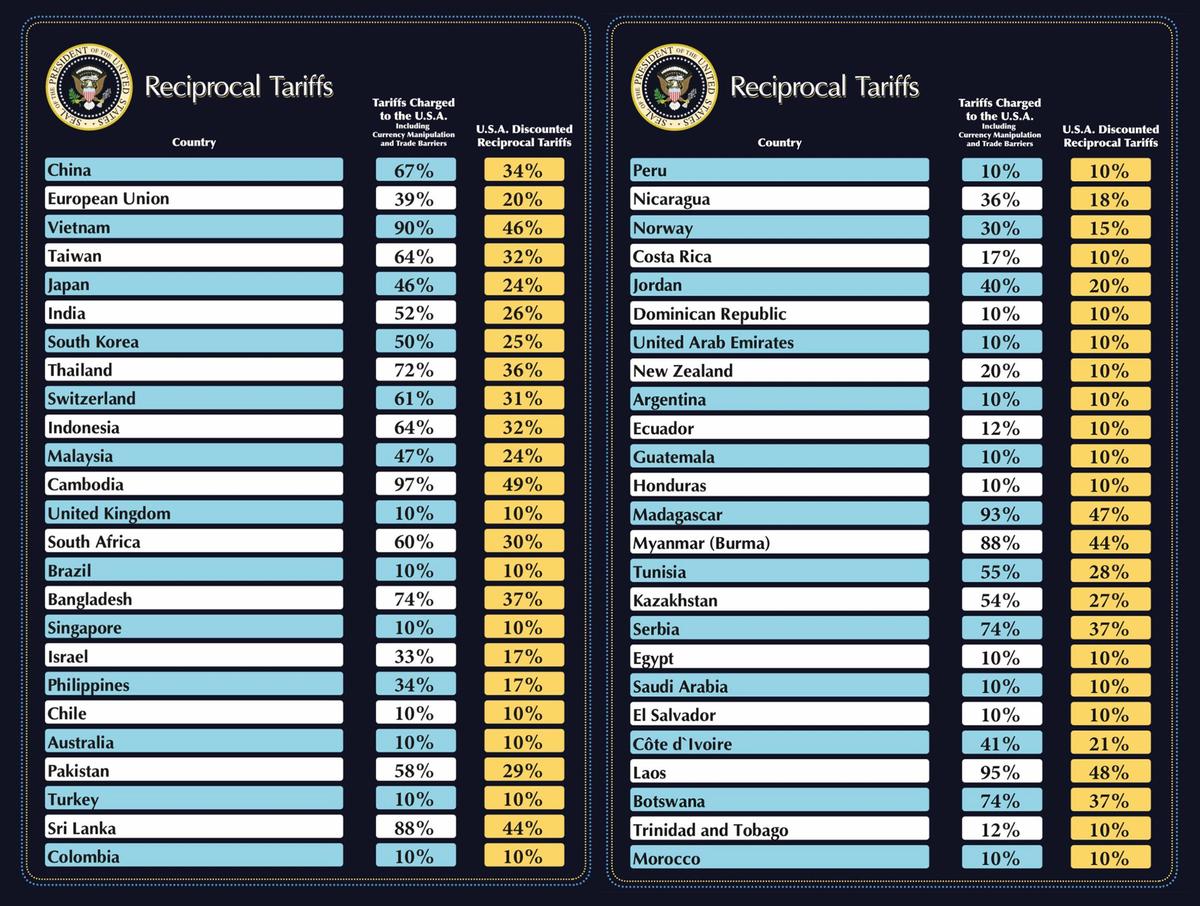

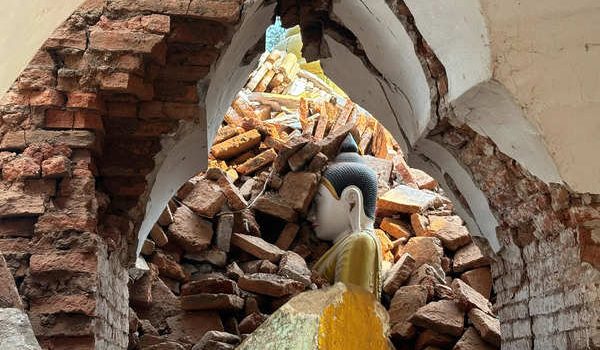
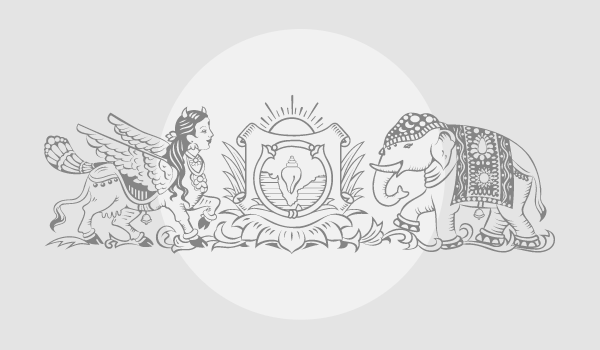
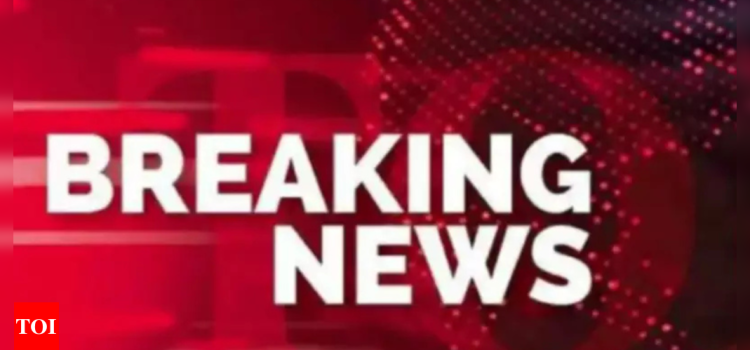

Comments